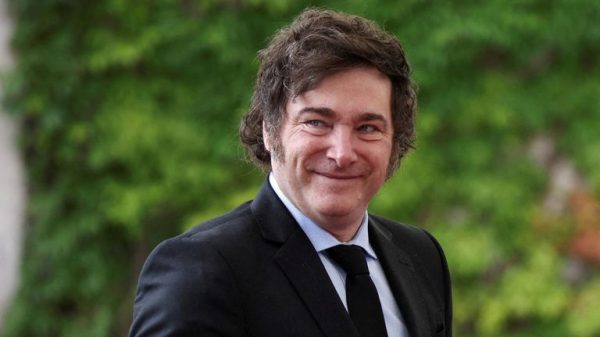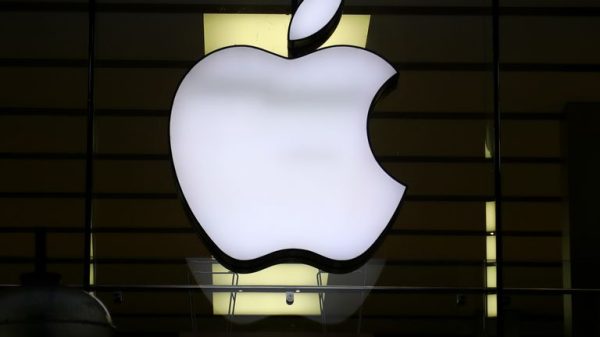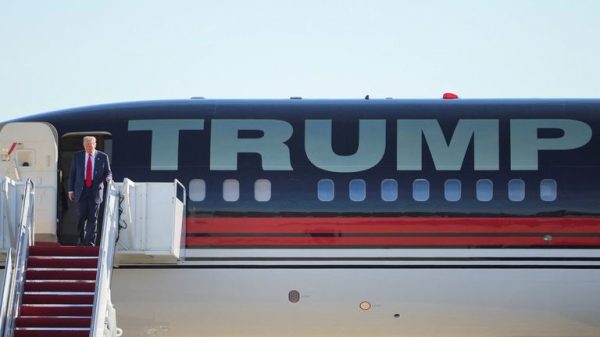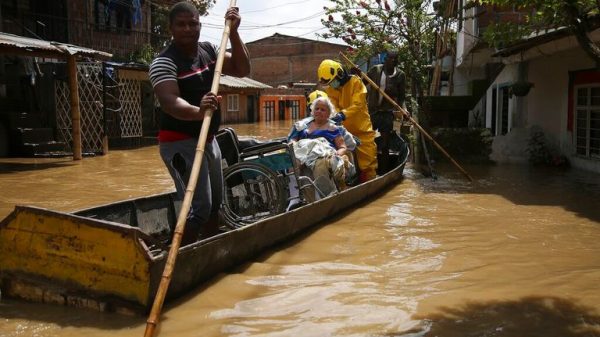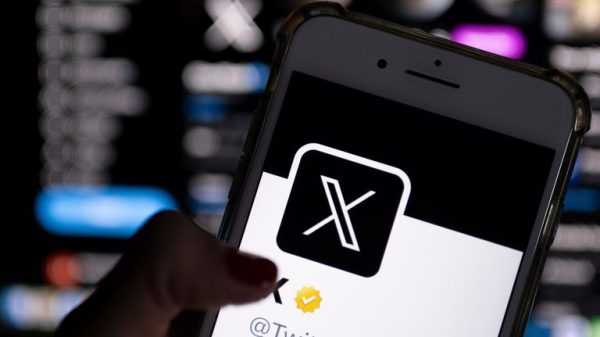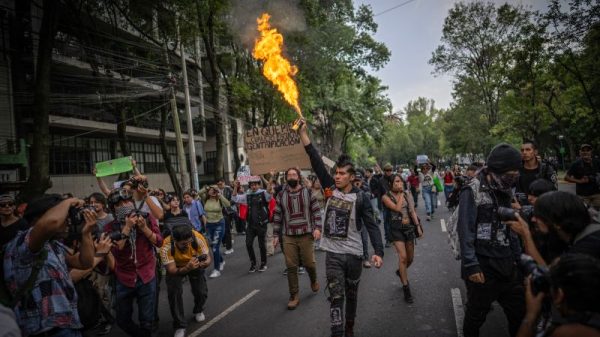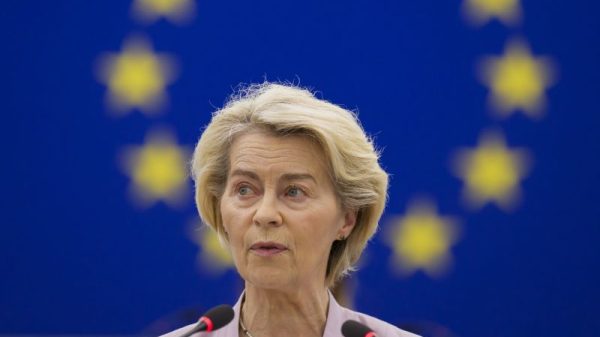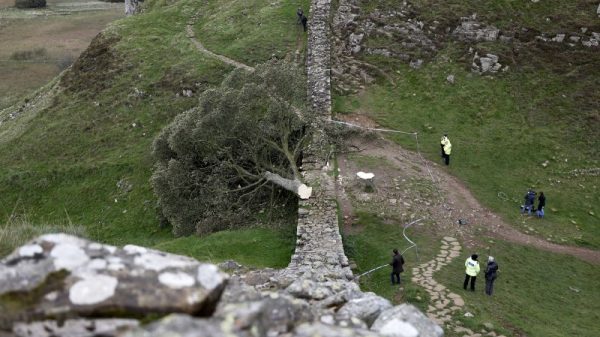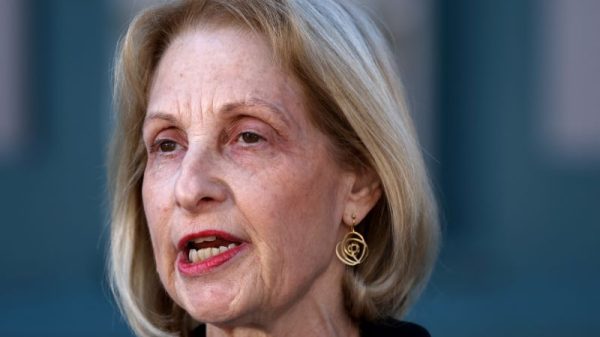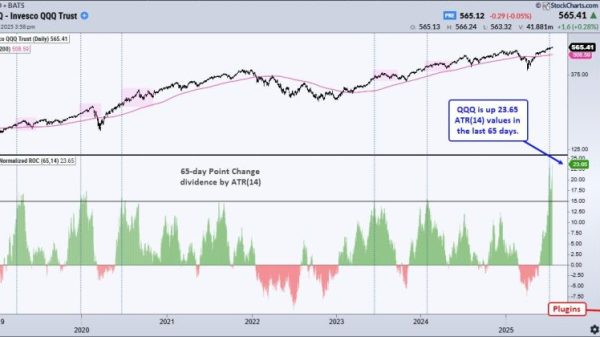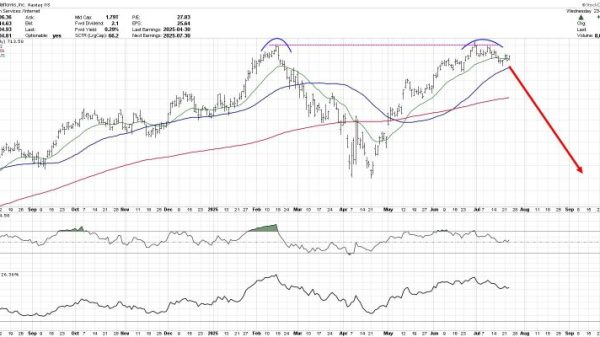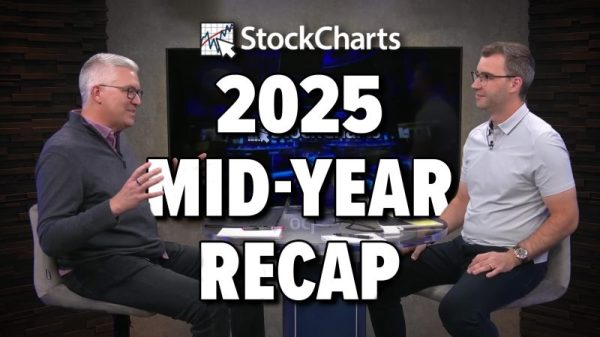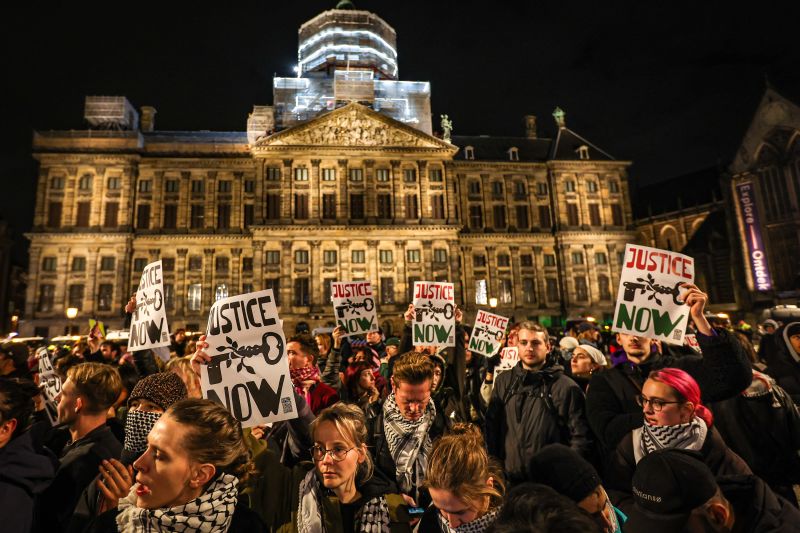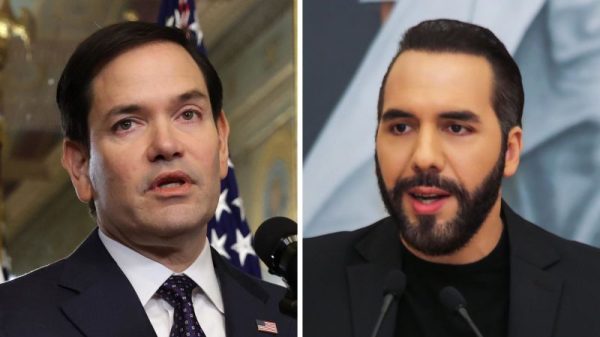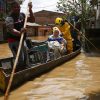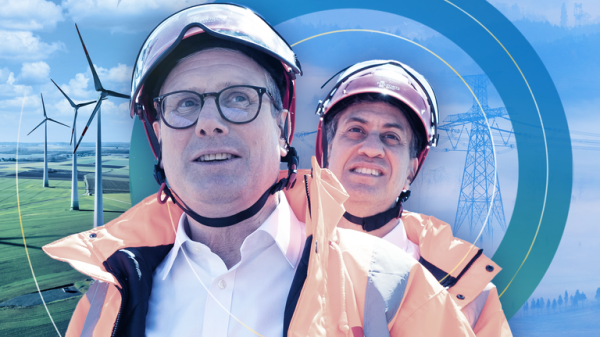Anger, fear and anxiety are still simmering in Amsterdam.
Last week, Israeli soccer fans were attacked in the streets, Palestinian flags ripped off walls and antisemitic slurs yelled during riots.
While the Dutch capital now feels calm, residents and legislators fear that tensions still haven’t peaked.
“And I don’t even think, I’m sorry to say, that we have reached our boiling point, because the root causes of the tensions going on have not been addressed.”
Khan said the biggest underlying issue for his constituents is the Dutch government’s complicity in funneling weapons and money to Israel’s war in Gaza. The Netherlands’ Muslim community is roughly 1 million people strong, and many have been vocal in their support of Palestinians.
“Next to that, we have a far-right government, which is hell-bent on blaming societal problems on minorities, especially Muslims,” Khan added.
But the timeline of how tensions ignited in Amsterdam is different depending on which community you ask.
Some residents argue the spark was just last week, when Maccabi Tel Aviv soccer fans pulled down Palestinian flags, vandalized taxis and paraded through the streets yelling racist slogans, including “f**k the Arabs,” and celebrating Israeli military attacks in Gaza.
What followed were violent attacks on the Israeli fans, with several people injured and five receiving hospital treatment. The city’s mayor said last week that rioters moved in small groups in “hit-and-run” antisemitic attacks, searching the city and targeting Maccabi supporters.
On Monday, a tram in west Amsterdam was set ablaze and police officers were pelted with stones. In video circulating on social media, the small group of rioters can be heard yelling an antisemitic slur. Police said Tuesday they had arrested 68 people across the city in total in relation to the riots, including 10 Israelis.
Other Amsterdam residents say a fire has been kindling in the city for 15 to 20 years, with the rise of the far-right, and an increase in antisemitism and xenophobia throughout Europe.
“I feel some people are underplaying antisemitism by not mentioning it even or saying that because of the Maccabi hooligans that the violence was justified, or that the violence was only directed at the Maccabi hooligans,” Garmy said. He added that fear is palpable among Jewish residents here, especially after last Thursday when social media posts emerged where people discussed a “hunt on Jews,” according to a report from Amsterdam Mayor Femke Halsema.
Constituents and friends have told Garmy that they’re now afraid to wear a Star of David or kippah in public, and some have changed their names on taxi and ride-sharing apps to avoid being identifiably Jewish.
“But saying that, I do feel that there are leaders, for instance, the Israeli prime minister (Benjamin Netanyahu) who is overplaying it for his own internal politics, and also the far-right leader here, Geert Wilders, is also overplaying it,” the city councilor added.
Mayor Halsema and other local authorities have also received criticism from Muslim and pro-Palestinian communities for failing to highlight the racist and threatening actions of Maccabi supporters in the immediate aftermath of the violence, and giving what they see as a skewed version of events.
Last November, a month after the Israel-Gaza war began, far-right populist Wilders and his Freedom Party (PVV) won the most seats in Dutch parliament – a shock for many people given Wilders’ anti-Islam, anti-immigration and anti-European Union manifesto.
On Wednesday, Wilders requested a lawmakers’ debate on the violence against Maccabi fans, and his party floated the idea of revoking Dutch citizenship for certain people involved in the attacks.
In the immediate aftermath of the attacks on Israelis, Netanyahu urged Dutch authorities to act firmly, and even said he would organize evacuation flights. Senior Israeli officials said the violence recalled “pogrom” attacks of previous centuries on European Jews. But in Amsterdam, many local Jewish officials as well as the mayor have urged against using that description.
“What certain politicians are doing on the right wing, what Netanyahu and Israeli politicians are doing… is only throwing oil on the fire,” Stranders said, adding that certain people in the Jewish community using charged rhetoric has also increased fear. “You’re only frightening your own community.”
There are about 40,000 Jewish people in the Netherlands – far fewer than before World War II – and it’s not a singular community. There are secular Jews, orthodox Jews, Israeli Jews, those from the wider diaspora and others. Stranders said a key focus now is getting people within this disparate group to agree to dial down the tension.
As far as antisemitism goes, some comes from the far-right, he said, but antisemitism from the far-left and Muslim communities can’t be ignored either.
“What you see is when the critique that people have on policy of Israel and how they conduct their war – sometimes that critique is addressed to Jewish people and even in a hostile way,” he said. Stranders noted that the pro-Palestinian movement sometimes has a “blind eye” for how that makes the Jewish community feel, in a city where Jewish life has constantly been under threat, and where synagogues and schools historically required security protection.
“Maybe first it started as criticizing Israel, but then it becomes antisemitism,” he said.
At a pro-Palestinian protest on Wednesday, which went ahead in Amsterdam’s Dam Square despite the police banning demonstrations in the area, some of the chants were distinctly anti-war. “Stop the bombing,” protesters in the primarily young, left-wing crowd yelled, as officers eventually forcibly cleared them from the square and moved them to a park where protest was permitted.
“I’m here because of the bombing of the children and the women in Gaza,” said Said Alawi, an older man standing off to the side before police asked people to disperse.
Alawi lives in Amsterdam but grew up in Morocco. “I’m asking to free these people, to free Palestine, that is all.”
But other chants, like “f**k Israel,” were distinctly more hostile.
Faith leaders in the Muslim community are working alongside police and city hall officials to encourage de-escalation and even speak to youth at protests.
A local Imam and the leader of Moroccan mosques in the Noord-Holland region, Abdelaziz Chandoudi, is holding a dialogue with taxi drivers in Amsterdam on Friday to try to ease tensions. He is also using his sermons this week to urge fathers to speak to their sons and other youth, calling for peace and compassion.
Mohammed Rasool in Amsterdam contributed to this report.






